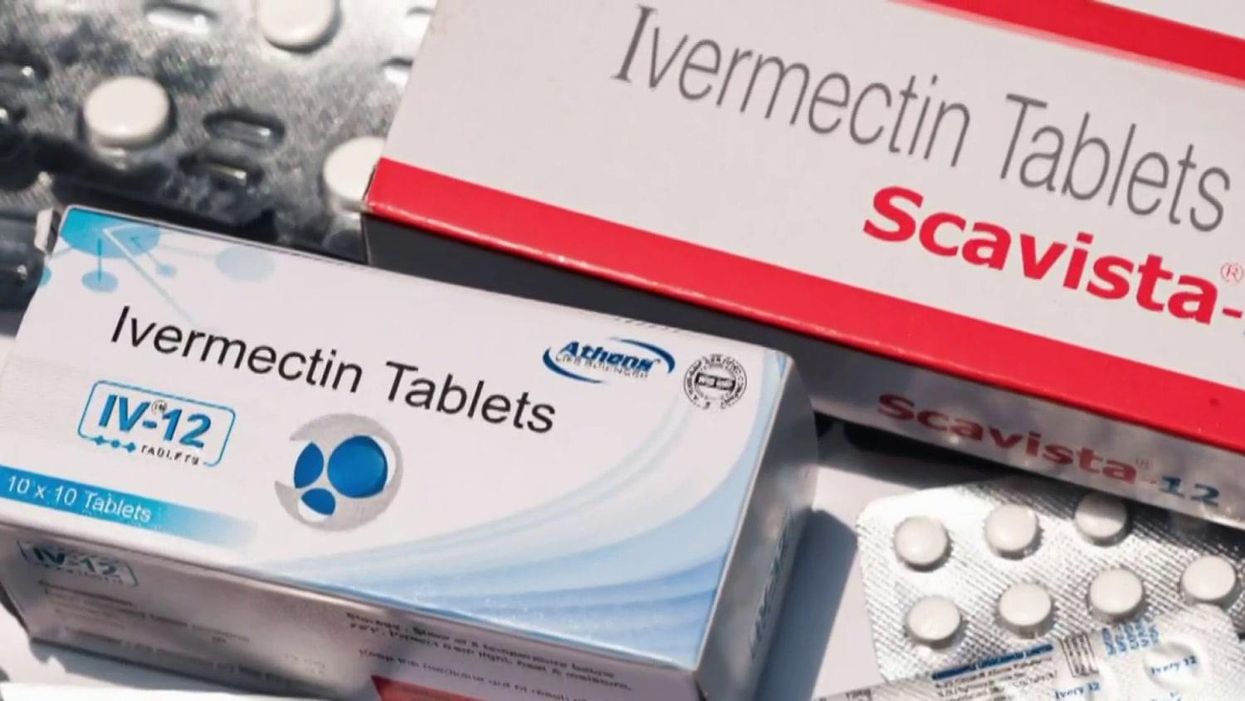Over the pandemic, there have been discussions of many suspicious "alternatives" to "prevent" or "alleviate symptoms" of Covid. Some of which were unsurprisingly supported by the far-right and conspiracy theorists.
But now, according to a study published in the New England Journal of Medicine, the most famous one of all has been debunked. They revealed that ivermectin, an antiparasitic drug used on humans and livestock, does not reduce the risk of hospitalisation.
Researchers in Brazil studied over 1,300 patients – half of the participants received ivermectin, while the others had a placebo.
The authors concluded, "Treatment with ivermectin did not result in a lower incidence of medical admission to a hospital due to progression of Covid-19 or of prolonged emergency department observation among outpatients with an early diagnosis of Covid-19."
Sign up to our free Indy100 weekly newsletter
In the earlier days, ivermectin was being experimented on to combat the virus, with some studies suggesting it may block the coronavirus.
However, some of the tests were proved to be flawed. The Food and Drug Administration strongly urged people against using it to treat Covid, warning it can cause nausea, vomiting, abdominal pain, neurologic disorders and potentially severe hepatitis requiring hospitalisation.
Popular podcast host Joe Rogan even declared he had used the drug to treat the virus. Rogan said at the time that he also used monoclonal antibodies, Z-pack antibiotics and a vitamin drip for "three days in a row." Ivermectin was even given to inmates in Arkansas.
Following the new findings, testing into ivermectin is still ongoing.
Dr Paul Sax of Brigham and Women's Hospital in Boston told NYT: "I welcome the results of the other clinical trials and will view them with an open mind, but at some point, it will become a waste of resources to continue studying an unpromising approach."
Have your say in our news democracy. Click the upvote icon at the top of the page to help raise this article through the indy100 rankings.














